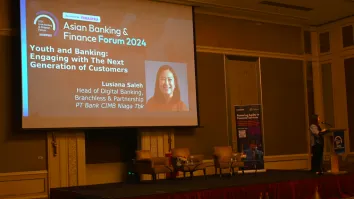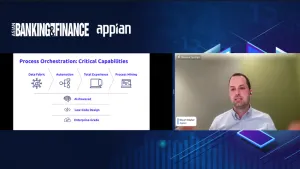
Here's why the new property cooling measures are a boon for Singapore banks
Threats of property price bubbles are reduced.
According to Moody's, the Singapore government, through the Monetary Authority of Singapore (MAS), the Ministry of Finance, the Ministry of National Development andthe Ministry of Trade & Industry, released new regulations to curb speculation on residential and industrial property transactions.
Whereas previous measures targeted residential properties, these new regulations mark the first time that the government has levied a seller’s stamp duty (SSD) on industrial properties. These measures are credit positive for Singapore banks because they will reduce the threats of property price bubbles, future price shocks and loan losses.
Here's more from Moody's:
The expanded coverage is the government’s reaction to mounting evidence that speculative activities are rising, particularly with industrial properties. According to the MAS, about 18% of multiple-user factory sales that occurred during January-November 2012 were resale transactions carried out within three years of purchase. This compares with 15% in 2011 and an average of about 10% during 2006-10.
Furthermore, industrial property prices have risen since third-quarter 2009 at a pace that has surpassed the price increases in private and public residential properties since mid-2010. In addition, despite the last round of measures announced on 5 October 2012, both private and public property price increases have shown signs of re-accelerating based on the fourth-quarter 2012 flash estimates.
We expect the new measures to dampen bank loans for residential and industrial property purchases, particularly those disbursed to investors. Higher minimum cash down payments and the additional buyer’s stamp duty (ABSD), along with lower LTV limits, will reduce demand on residential properties for investment or speculative purposes.
With the government now levying the SSD according to the holding period, the potential return on short-term bets will fall, thereby helping to limit speculative demand on industrial properties. Investors are also more likely to reassess their options and debt serviceability since they will have to hold on to a property for a longer period if they want to avoid the SSD.
















 Advertise
Advertise






